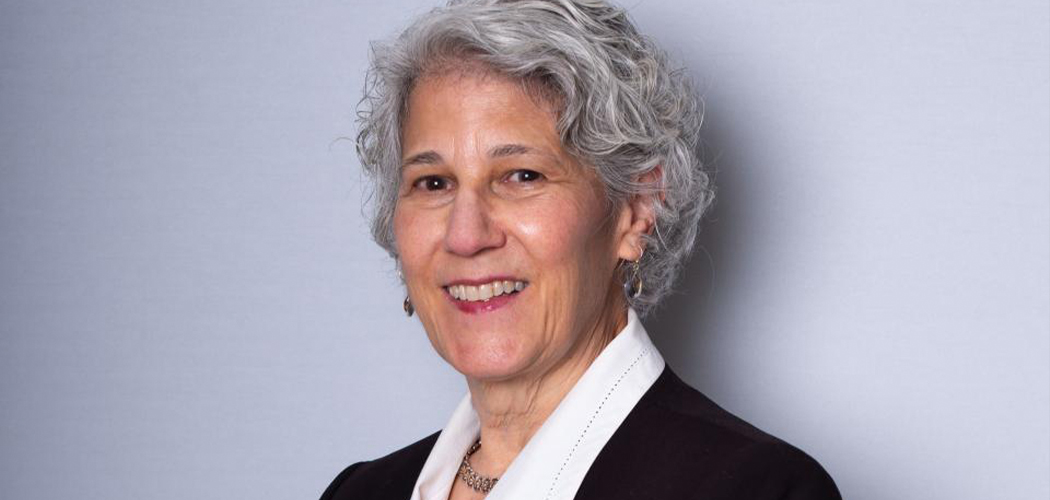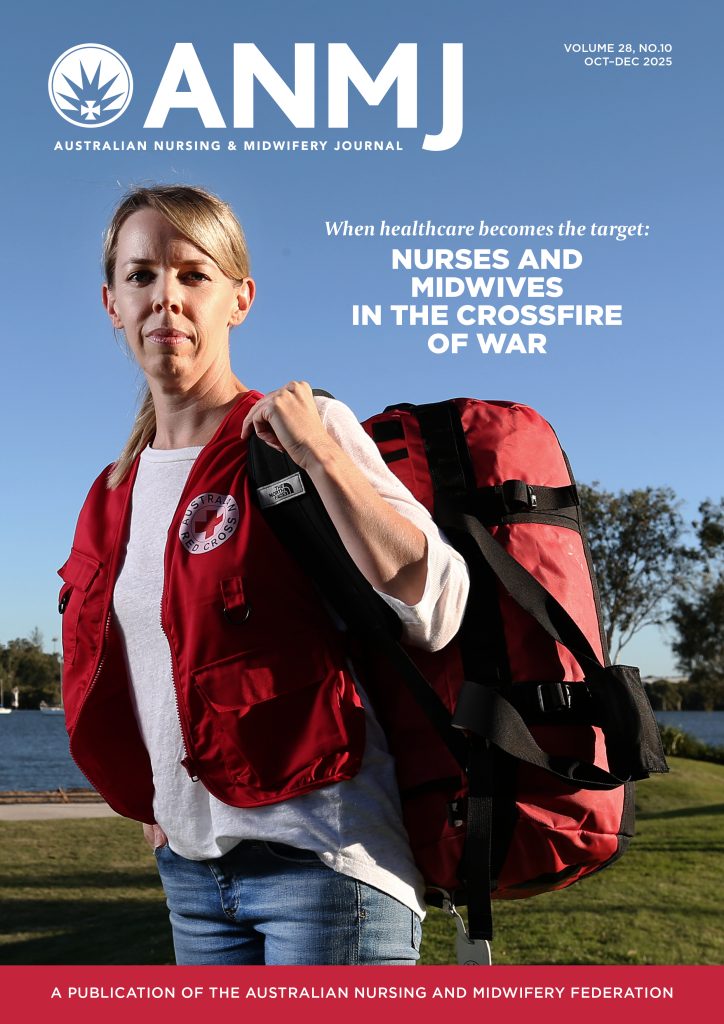As the 2025 International Council of Nurses (ICN) Congress approaches, set to be held in Helsinki, Finland, from 9-13 June, ICN President Dr Pamela Cipriano sat down with ANMJ journalist Robert Fedele to discuss the congress and the critical global challenges currently facing the nursing profession.
Dr Pamela Cipriano was elected the 29th President of the International Council of Nurses (ICN) in late 2021, as the world grappled with the “dark cloud of COVID” and the pandemic’s wide-ranging effects.
For the ICN, a federation of more than 130 national nursing associations (NNAs), representing more than 20 million nurses worldwide, the unprecedented situation demanded providing leadership and support to the global nursing workforce Dr Cipriano’s immediate focus was stabilisation.
“Nurses were not valued, they were not protected, they were not respected, they were subject to terrible working conditions,” Dr Cipriano tells the ANMJ,from her base in Virginia, in the United States.
“Early on, we continued to provide information to nurses and the public and made sure that there needed to be a very different kind of response to recovery from the nursing pandemic.
“We were seeing the significant exodus of nurses from the workforce and that just added to the struggles of nurses who were already working under tremendous stress who did not have sufficient staff, who were getting ill, and were experiencing co-workers dying.”
Fast-forward a few years, and nursing’s biggest global challenge remains ever-present: workforce issues.
According to Dr Cipriano, there was a shortage of about six million nurses worldwide prior to the pandemic. What’s more important, however, and as ICN has come to understand, is what the shortages actually mean.
“For the most part, we think of shortages as there’s just not enough people to fill jobs,” she explains.
“The shortage reports in nursing are a combination of not enough people and not enough educated nurses to fill the roles. But also, a shortage of positions for nurses and other healthcare workforce individuals that are funded by their healthcare systems, whether it’s the government or private systems.”
In countries struggling with these issues the most, without enough nurses able to deliver the care patients need, nurses often experience heavy workloads, fatigue, a lack of protection, and rising occupational violence, Dr Cipriano says.
“In some areas, we’re hearing that nurses are being told that they have to volunteer, they’re not going to get paid, and yet they show up day after day. That’s totally inappropriate.
“We also know that nurses don’t feel respected. We saw this a lot during the pandemic. The workforce issues are significant because they really affect retention, and they reflect on whether or not we can attract new individuals to become nurses.”
Dr Cipriano lists other global challenges including increasing attacks on health workers in war-torn and crisis areas, ongoing efforts to ensure universal health coverage, and improving health security, which includes everything from pandemic preparedness to responding to the health effects of climate change and combatting non-communicable diseases that kill people prematurely.
“If you ask 10 people around the world, are we ready for the next pandemic? They would say no,” Dr Cipriano suggests.
“But it’s important that one of the key ingredients to that is a robust workforce.”
Looking ahead, ICN Congress 2025 will be held in Helsinki from 9-13 June. Showcasing the role of nurses in transforming health systems, healthcare delivery, and strengthening and influencing health policy, the latest theme is: Nursing Power to Change the World.
Delving deeper, Dr Cipriano says sub-themes will include empowering nursing leadership; elevating healthcare excellence; advancing nursing practice; educating the nurses of tomorrow, health equity; and nursing in humanitarian and emergency contexts.
As well as giving current nurses every opportunity to provide the very best care possible, and empowering them to rise to high-level leadership positions, ICN is acutely aware of the need for forward-thinking to prepare the next generation.
“We want to focus on innovation,” says Dr Cipriano.
“Nurses have great ideas. They are problem solvers. They don’t give up. They figure out what to do to get the care to people that they serve. We want to revolutionise, if you will, our nursing education programs around the world to make sure that nurses are equipped to face global health challenges.”
For example, ICN initiatives already promoting nursing leadership include its Global Nursing Leadership Institute (GNLI) program, which supports about 35 experienced nurses each year to take the next step to becoming global leaders and influencing policy change in their countries and abroad. It has also been lobbying countries to appoint chief nursing officers to influence change, strengthen health systems, and advance nursing at a local level.
While the world has returned to relative normality since the COVID-19 pandemic, the period is far from over, a reality not lost on Dr Cipriano, who identifies mental health issues among the workforce as “the tip of the iceberg”.
“At ICN, we haven’t forgotten the sacrifice of nurses. We haven’t forgotten the needs that nurses expressed to us,” she declares.
“One of the things at the top of the list was they needed to be protected, they needed to have vaccination, they needed to have personal protective equipment (PPE). Even if the next pandemic is not an infectious disease, we know that it’s important to prioritise what our nurses need in order to take care of themselves as well as their patients.
“At the same time, we know that these situations are crisis situations, so there has to be intervention to deal with the stress, burnout, trauma and heaven forbid, significant deaths that nurses are experiencing. We learned that it’s important to advocate early on, and to make sure that the nurse’s voice is in the discussion.”
As the global voice of nursing, Dr Cipriano says ICN remains poised to represent the profession as it tackles significant issues moving forward. This includes advocating for better and safer working conditions, including fair pay, preventing burnout, navigating the emerging use of artificial intelligence (AI) in healthcare, and promoting greater pride in the profession. Supporting global peace by calling for ceasefires and providing humanitarian aid amid growing unrest and conflicts across the world, is another fundamental priority.
To mark International Nurses Day 2024, ICN adopted the theme The economic power of care. Dr Cipriano says that focus, which outlined evidence showing the return on investing in nurses, will continue.
“We know that numbers talk,” Dr Cipriano says.
“While we can keep saying nurses contribute to quality, we can show improved outcomes, we can look at our ability to increase access to care, sometimes the only numbers that speak volumes are being able to show financial savings and how we can boost the economy.”








